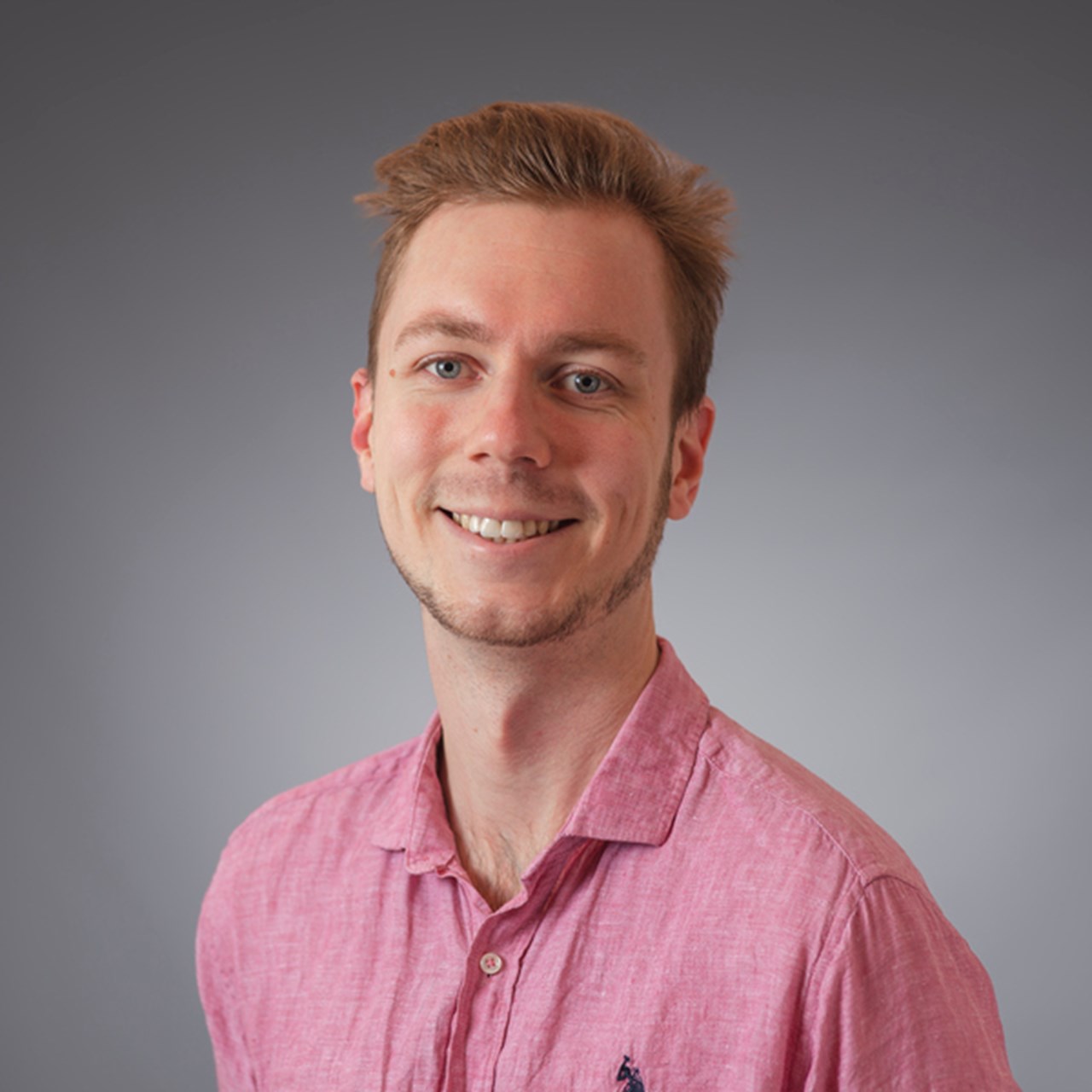About the Industrial Doctoral School and the internship
The Industrial Doctoral School at Umeå University offers doctoral students the opportunity to combine academic research with practical experience in industry or the public sector. The aim is to strengthen collaboration between the University and external organisations and prepare doctoral students for careers both within and outside academia.
Doctoral students in the Industrial Doctoral School have the option to complete a three-month internship with the external organisation. The internship is voluntary and counts as part of the student's departmental service. During this period, the doctoral student receives a salary and works on projects relevant to their research area.


